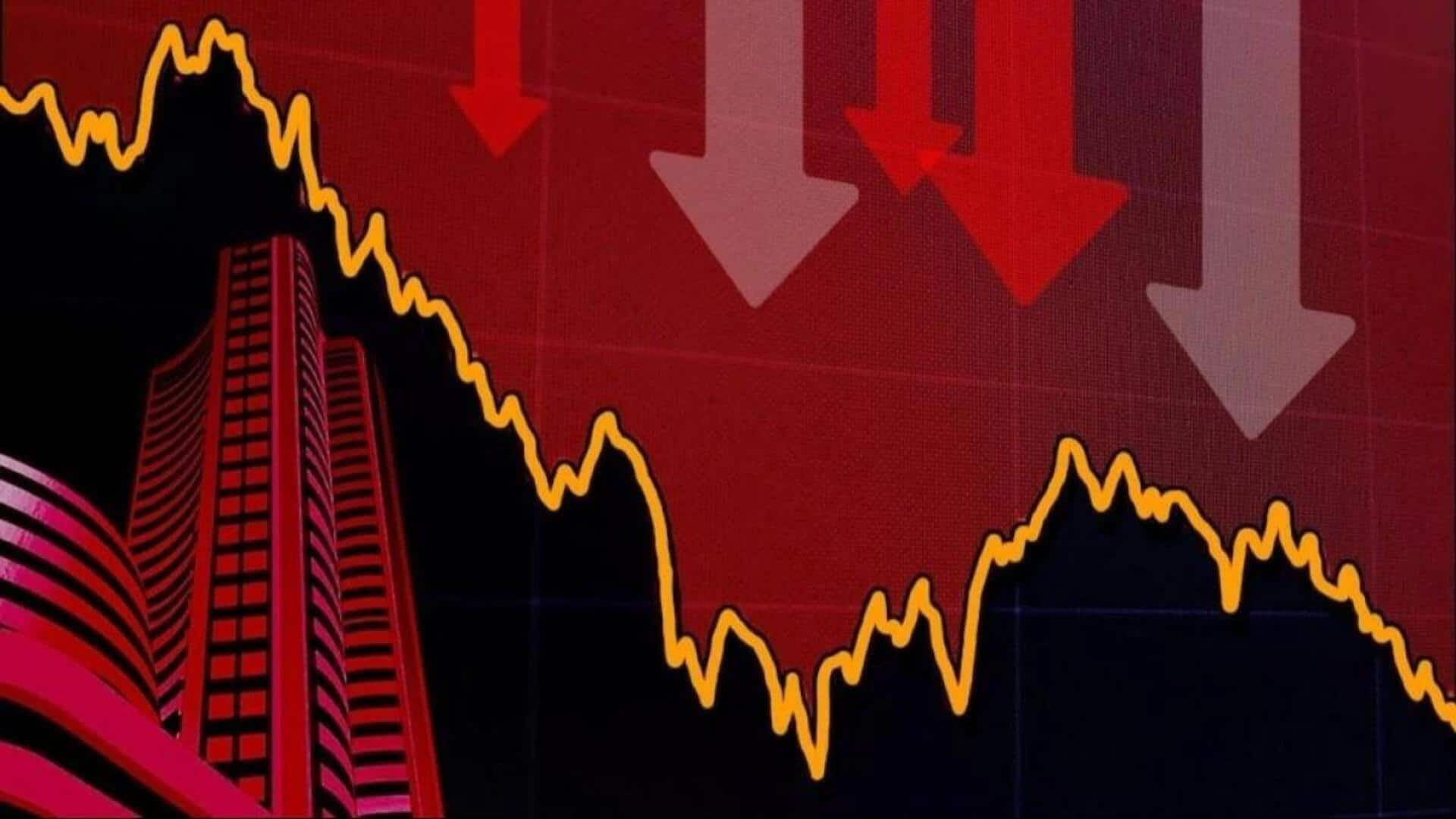
FPIs withdraw record ₹82,479 crore from Indian equities in October
What's the story
Foreign portfolio investors (FPIs) have drastically cut their holdings in Indian stocks this month, marking a major shift in investment trends. The shift comes amid concerns over high valuations and rising geopolitical tensions. The US Federal Reserve's aggressive 50 basis points rate hike initially drew strong FPI inflows into Indian equities. However, these inflows have now reversed into outflows with funds moving toward Chinese stocks.
Investor shift
China's economic measures attract FPIs
The move of FPIs toward Chinese stocks comes on the back of Beijing's recent efforts to stabilize its property and capital markets. The moves have rekindled investor confidence in China's possible economic recovery and subsequent growth in corporate profits. On Monday, the Chinese central bank cut its key lending rates by 25 basis points to new lows, further bolstering the economic turnaround.
Outflow record
Record outflow from Indian equities in October
Trendlyne data shows that FPIs have withdrawn a record ₹82,479 crore from Indian equities in October, the highest monthly outflow ever recorded. The previous record was set during the COVID-19 pandemic in March 2020 when FPIs sold off ₹65,816 crore worth of Indian stocks. Despite the massive sell-off, the impact on Indian markets has been relatively contained with both Nifty 50 and Sensex declining just over 4% this month.
Market resilience
DIIs counterbalance FPI outflow with strong buying
The limited market decline is primarily due to strong buying by domestic institutional investors (DIIs), who have offset the FPI selling, preventing a major correction. Moreover, continued retail inflows into mutual funds are giving fund managers plenty of liquidity, forcing them to invest in equities despite high valuations. In October alone, DIIs have invested over ₹77,000 crore bringing their year-to-date inflows to over ₹4 lakh crore, setting an annual record.
Outflow drivers
Factors contributing to FPI outflows from Indian equities
Several factors have led to the FPI outflows in October, including the anticipated underperformance of Indian companies in Q3, rising geopolitical tensions between Iran and Israel, and high valuations of Indian stocks. These factors have collectively dampened investor sentiment leading to severe outflows. Despite a massive correction recently, analysts note that Indian stocks continue to trade at high valuations that may not reflect their underlying fundamentals.